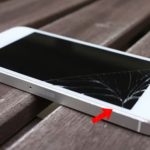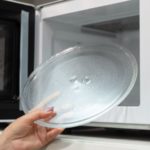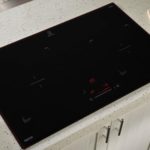As technology advances, so does the variety of glass types, each designed for specific products and purposes. Let’s explore four common types of glass used in household items today.
1 Common Types of Glass
The market offers a wide range of glass options, each with its unique properties and benefits. Here’s a rundown of four popular types:
Soda-lime glass
Soda-lime glass is one of the most widely used types in daily life. It is produced from a mixture of NaOH and CaO.
Soda-lime glass is primarily used in the manufacturing of glassware such as cups, bowls, and plates, as well as window panes. Its composition typically includes 60-75% silica, 12-18% soda, and 5-12% lime.
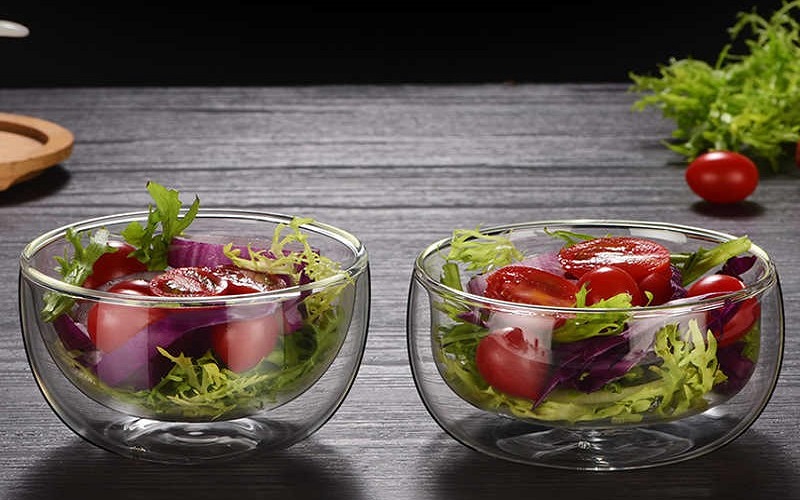
One limitation of soda-lime glass is its low heat resistance and poor water durability. However, it remains a popular choice among manufacturers due to its affordability, making the end products accessible to many households.
Another advantage of soda-lime glass is its ease of cleaning and resistance to retaining odors, although its low heat resistance makes it less suitable for cooking applications.
Tempered glass
Tempered glass, also known as toughened glass, offers improved strength over regular glass. It is created by heating soda-lime glass to high temperatures and then rapidly cooling it to form a more robust and heat-resistant glass.

The superior heat resistance of tempered glass makes it ideal for various applications, including furniture and fixtures such as sinks and glass doors. Its outstanding properties have led to its widespread use in our daily lives.
Heat-resistant glass
Heat-resistant glass is another commonly used type in everyday life. To produce this glass, manufacturers heat it to approximately 1000°C and then slowly cool it by combining it with other high-quality glasses. To enhance heat resistance further, manufacturers often use borosilicate glass in the mixture.
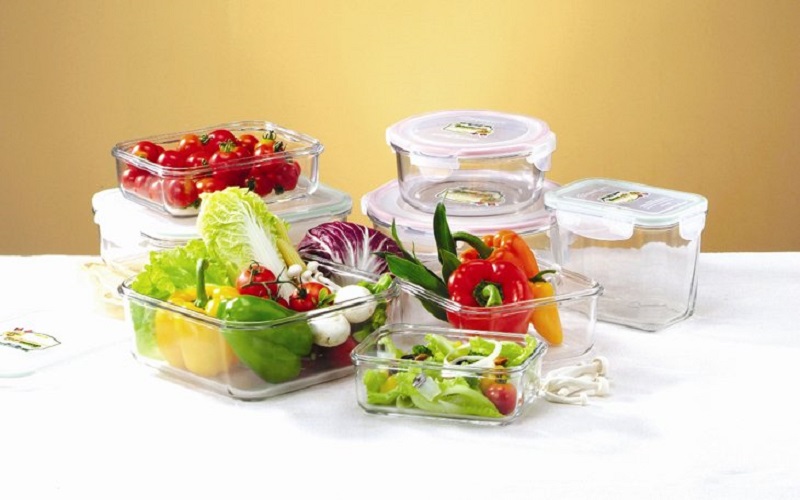
Borosilicate glass is a premium type of glass that can withstand temperatures up to 400°C without being affected by temperature changes.
Heat-resistant glass finds applications in various products, such as water bottles, jars, and food containers. Importantly, it can be used for direct heating in microwaves and infrared stoves.
Opal glass
Opal glass, or white glass, is the most prevalent type of glass in our lives. It is made from natural materials, including white sand from the seas of Vietnam. Heating the white sand (silicate) to high temperatures of 1600°C turns the glass white instead of its usual transparent state.
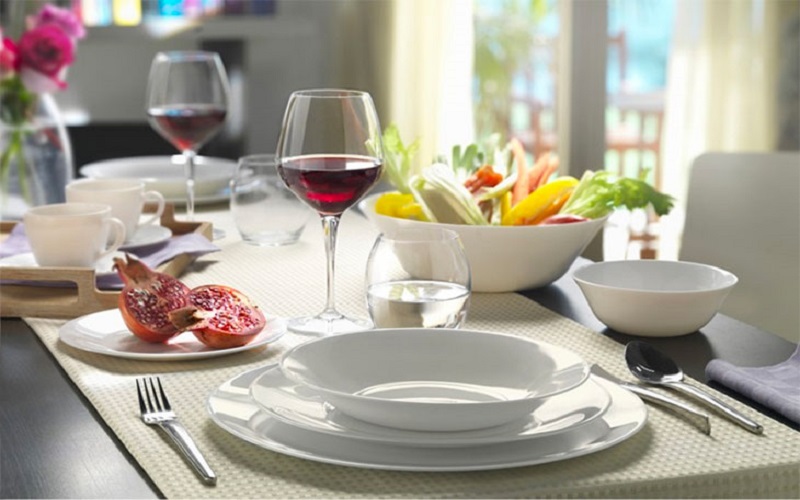
Opal glass boasts several advantages over other types, including odor resistance, high hardness, heat resistance, and safety for human health. Notably, opal glass items can be safely washed in dishwashers.
The hard and glazed surface of opal glass items makes them highly durable and resistant to scratches during everyday use.
2 Some Precautions When Using Glassware
To enhance the durability of glass items and protect them, consider the following tips:
For new glassware, it is advisable to pour in some hot water and evenly distribute it around the item. Sudden temperature changes can cause the glass to expand rapidly and crack or shatter.
When cleaning glassware, use soft and smooth sponges instead of abrasive scrubbers to minimize scratches.
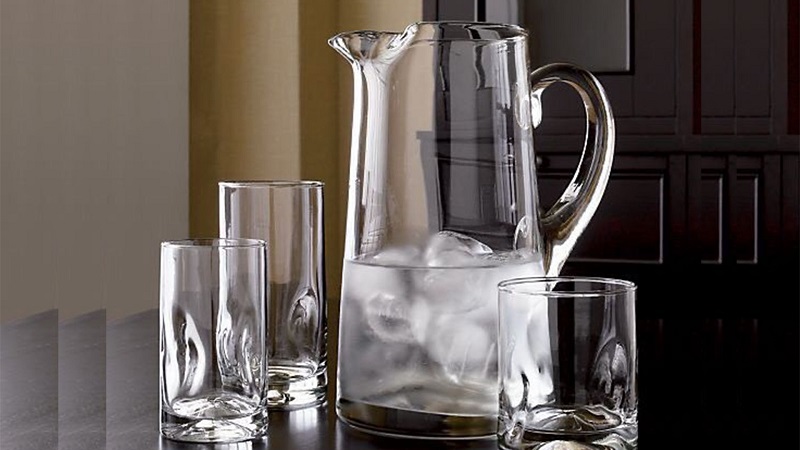
Handle glassware with care to prevent breakage. Avoid forceful impacts with other objects, and be gentle when cleaning them.
The information above will help you choose the right glass products for your home.
























